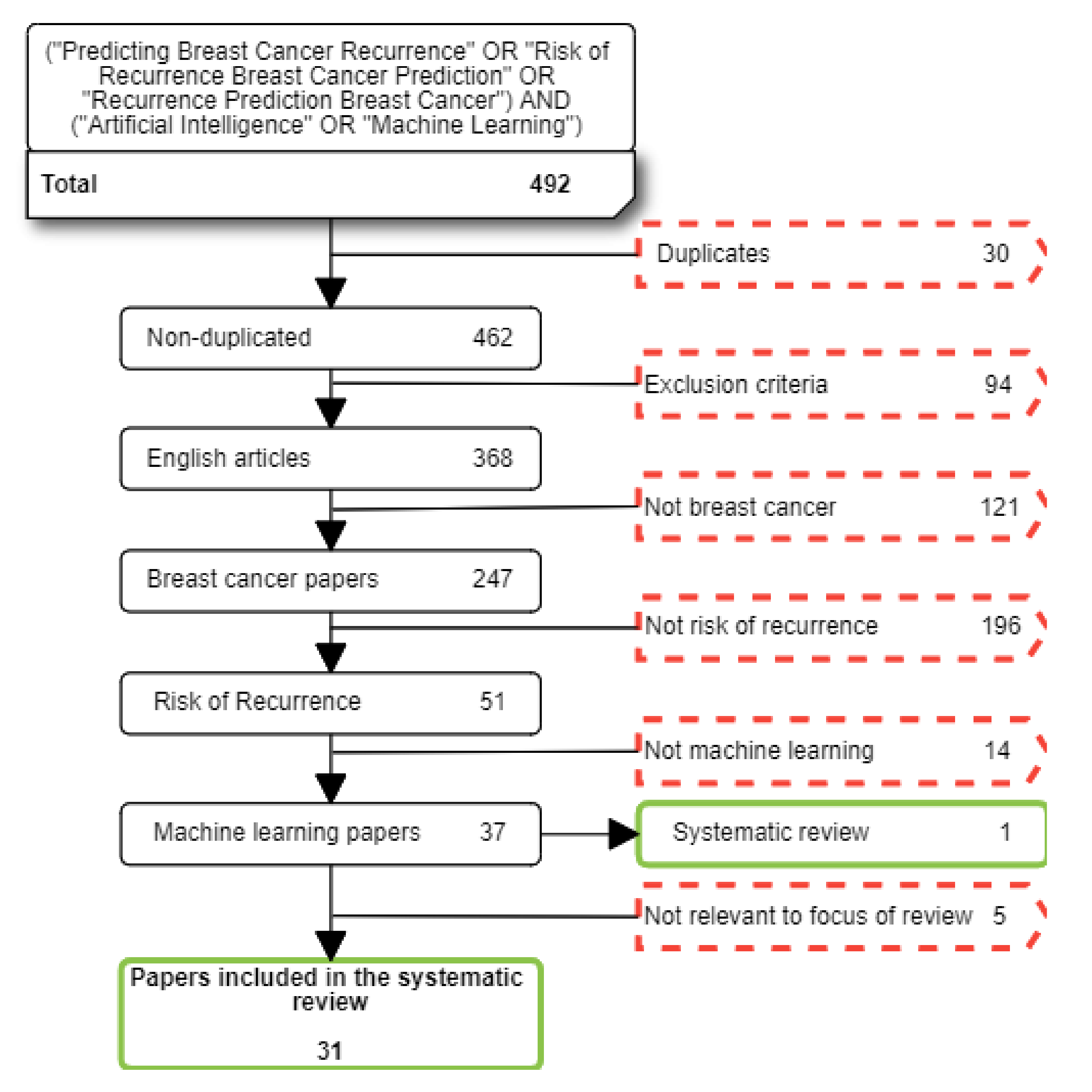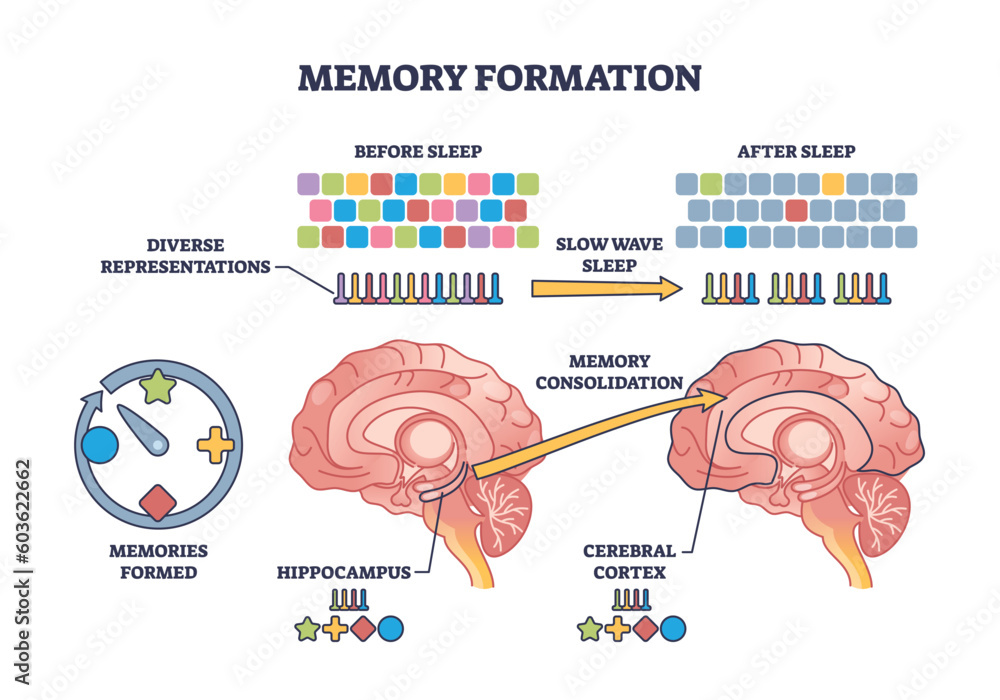Predicting brain cancer relapse is an emerging field that offers new hope for pediatric patients battling gliomas. A recent study conducted by researchers from Mass General Brigham reveals that an innovative AI tool can more accurately assess relapse risk compared to traditional imaging methods. By utilizing advanced brain cancer imaging techniques, this AI model analyzes multiple scans over time, leading to significant improvements in prediction accuracy. Notably, the importance of such technology in pediatric oncology cannot be overstated, given that many children endure frequent follow-ups that can be stressful for both patients and families. The proactive determination of cancer recurrence using this temporal learning AI could transform the clinical landscape, enhancing care for children’s cancer predictions and ultimately leading to better outcomes.
The ability to forecast the recurrence of brain tumors, particularly in children, is critical for improving treatment approaches. This topic encompasses various aspects of cancer monitoring and management, with particular emphasis on advanced methodologies in pediatric oncology. In recent years, alternative techniques have emerged that leverage AI to perform real-time assessments of patient data, including multi-scan analyses. This next-generation approach enhances the prediction of pediatric glioma recurrence, allowing healthcare providers to tailor follow-up care more effectively. By engaging in such cutting-edge research, we expand our understanding of brain cancer dynamics, ultimately paving the way for improved survival rates and quality of life for young patients.
Understanding Pediatric Glioma Recurrence
Pediatric glioma recurrence presents a significant challenge in pediatric oncology, often complicating treatment protocols and patient outcomes. Gliomas, while typically treatable through surgical intervention, can exhibit unpredictable behavior, resulting in potential relapses. This underscores the critical need for advancements in understanding how to predict these recurrences effectively. Traditional methods have struggled to accurately assess risk, creating an urgent demand for more reliable tools to enhance treatment decisions.
The introduction of artificial intelligence (AI) in pediatric oncology marks a paradigm shift in the management of brain tumors in children. By utilizing advanced algorithms capable of analyzing extensive datasets, researchers are now focusing on improving predictions related to pediatric glioma recurrence. This integration of AI technology into clinical settings holds the promise of more personalized medicine, allowing healthcare providers to identify at-risk patients and tailor their follow-up protocols accordingly.
Frequently Asked Questions
How does AI improve predicting brain cancer relapse in pediatric patients?
AI enhances the predictability of brain cancer relapse in pediatric patients by analyzing multiple MRI scans over time, utilizing temporal learning techniques. This approach allows the AI to recognize subtle changes in the brain that may indicate future recurrence of pediatric gliomas, significantly improving prediction accuracy compared to traditional single-scan methods.
What is temporal learning AI and how is it used in predicting pediatric glioma recurrence?
Temporal learning AI is a technique that synthesizes data from multiple brain imaging sessions taken over time to inform predictions about pediatric glioma recurrence. By training AI to analyze changes across a timeline of scans, researchers can more accurately forecast which patients have a higher risk of experiencing a relapse.
Why is predicting brain cancer relapse important in pediatric oncology?
Predicting brain cancer relapse in pediatric patients is crucial because timely interventions can prevent devastating outcomes associated with relapses. More accurate predictions contribute to personalized care strategies, allowing for adjustments in imaging frequency and treatment plans to better manage pediatric gliomas.
What role do MRI scans play in predicting brain cancer relapse for children?
MRI scans are vital for predicting brain cancer relapse in children as they provide detailed images of the brain over time. By employing AI to analyze these scans, particularly using multiple time points, healthcare providers can detect early signs of recurrence in pediatric gliomas, leading to improved treatment options.
Can AI reduce the amount of imaging needed in follow-ups for pediatric brain cancer patients?
Yes, AI has the potential to reduce the frequency of imaging follow-ups for pediatric brain cancer patients by accurately identifying those at lower risk for recurrence. This tailored approach can alleviate the stress associated with frequent imaging while ensuring that high-risk patients receive the necessary monitoring.
What are the potential benefits of AI-informed risk predictions in children’s cancer care?
AI-informed risk predictions can lead to several benefits in children’s cancer care, including more accurate identification of high-risk patients, personalized treatment plans, reduced imaging frequency for low-risk patients, and potentially better clinical outcomes through targeted treatments.
How are healthcare researchers using AI to advance pediatric oncology regarding brain cancer?
Healthcare researchers are leveraging AI to advance pediatric oncology by developing models that utilize multiple imaging data points for more accurate predictions of brain cancer relapse, specifically in gliomas. This innovative approach aims to enhance patient care and outcomes by informing clinical decisions with greater precision.
| Key Point | Details |
|---|---|
| AI Model Versus Traditional Methods | An AI tool outperforms traditional relapse risk prediction methods in predicting pediatric brain cancer recurrence. |
| Temporal Learning Technique | This method synthesizes data from multiple MR scans over time, increasing prediction accuracy significantly. |
| Study Findings | The AI model demonstrated an accuracy rate of 75-89% in predicting cancer recurrence, compared to 50% of single-image assessments. |
| Future Implications | The researchers aim to conduct clinical trials to validate the tool’s effectiveness in improving patient care for those at risk. |
Summary
Predicting brain cancer relapse has been significantly enhanced by a new AI tool developed at Mass General Brigham. This innovative tool analyzes multiple brain scans over time to accurately forecast relapse risks in pediatric patients with gliomas, marking a substantial advancement over conventional methods. By utilizing temporal learning, the AI achieves a remarkable prediction accuracy of 75-89%, which is a game changer in managing patient follow-ups and treatment strategies. This study signals a new era in pediatric brain cancer management, with hopes for improved patient outcomes.


